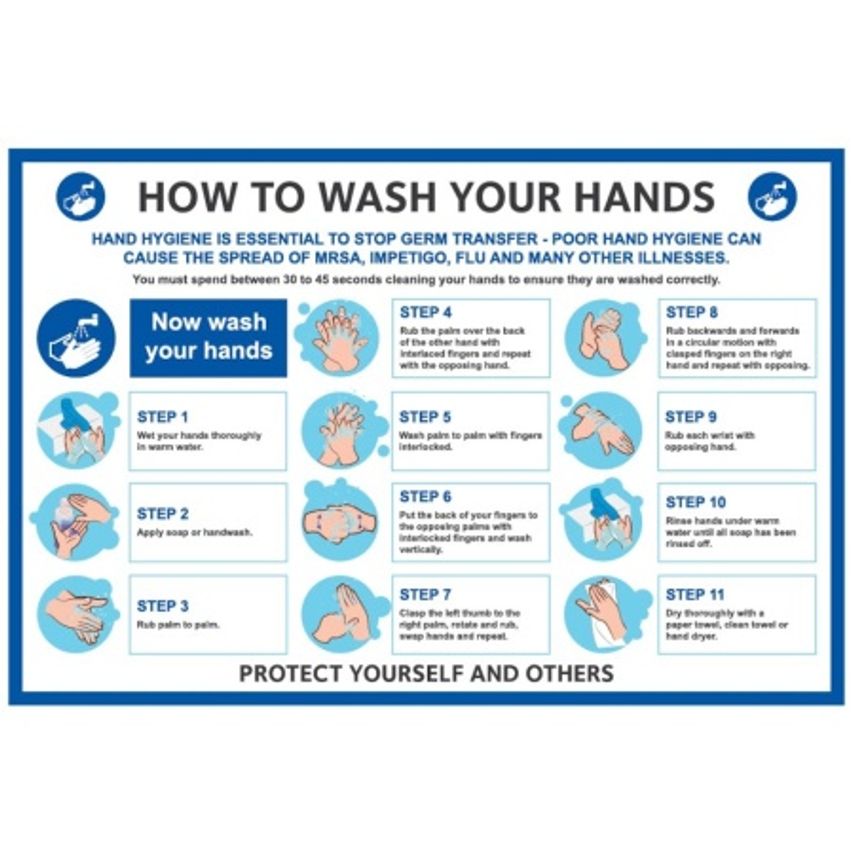
Brand
- M&S Collection 110.201
- Rhodes + Scholes 98.402
- ELESA 39.987
- Sandvik Coromant 38.976
- Adrial 34.397
- Portwest 29.121
- Mascot 25.636
- Slingsby 24.775
- Routledge 23.656
- Blaklader 19.740
- MTP Products 17.677
- Nobody's Child 17.565
- Gemini Interiors 17.086
- Maroxe 16.373
- Fruit Of The Loom 14.293
- Gildan 12.232
- Autograph 12.188
- White Stuff 12.137
- Sealey 12.114
- Moon Magic 11.787
- Lyle & Scott 11.729
- Nike 11.398
- TE Connectivity 11.381
- Ergomat 11.124
- TopVue 11.099
- Festo 10.269
- Life Essentials 10.005
- Air Jordan 9.883
- QP Jewellers 9.543
- BOSS 9.360
- ECCO 9.333
- Stanley/Stella 8.980
- Phoenix Contact 8.866
- Dams 8.617
- Kustom Kit 8.503
- Johnson & Johnson 8.469
- Russell 8.423
- RS PRO 8.272
- Vale 8.116
- Sid & Sam 8.111
- Carpe Diem Beds 7.895
- B&C 7.874
- Style and Chic 7.804
- Qualfast 7.763
- Merkel Designers 7.631
- EUROKRAFTpro 7.500
- Unbeatable Bargains 7.468
- Tyrell & Tyrell 7.418
- The Home Maker 7.167
- Monsoon 7.153
- FatFace 7.095
- Molex 7.095
- Direct Imports 6.982
- All Things Good 6.962
- Discount Dealers 6.914
- Millennium Furniture 6.869
- Casper Homes 6.868
- R and M Furniture 6.838
- Seasalt Cornwall 6.717
- Premier 6.708
- Kennedy 6.669
- Beeswift 6.653
- Regatta 6.640
- CooperVision 6.619
- Merlin Deals 6.561
- Regatta Professional 6.515
- Pour Moi 6.499
- Decor Base 6.354
- FT Pro 6.288
- TRACOPOWER 6.284
- Brittle & Co 6.279
- Design Hut 6.147
- Samtec 6.084
- TIMCO 5.956
- KENZO KIDS 5.902
- Wonders 5.814
- Co 5.768
- Medway 5.613
- 3M 5.612
- CRC Press 5.590
- Watco 5.458
- Prestigious Textiles 5.365
- Liverpool FC 5.337
- Finery London 5.328
- Silent Gliss 5.312
- Charlotte Dunes 5.278
- ORN 5.268
- adidas 5.198
- Crew Clothing 5.185
- Callaway 5.173
- SHINEANDGLORY 5.121
- Outsunny 5.111
- Sergio Rossi 5.111
- Savings Store 4.973
- Steam 4.946
- C&P 4.912
- Ace & K 4.880
- CRIME LONDON 4.878
- B&C Collection 4.814
- Body by M&S 4.795
Colour
- Black 203.728
- White 90.434
- Blue 56.205
- Navy 38.698
- Grey 37.111
- Green 35.363
- Red 32.706
- Brown 28.414
- Pink 24.552
- Yellow 21.656
Size
- XL 47.411
- S 33.034
- M 32.005
- 2XL 31.761
- L 30.708
- Medium 25.204
- Large 25.018
- Small 24.367
- 3XL 22.380
- XS 22.010
Gender
Merchant
- Zoro UK Limited 996.671
- Marks & Spencer UK 310.772
- Home Done 176.382
- RS Components UK 139.124
- Alensa.co.uk 89.288
- Workwear Supermarket 60.201
- Maroxe 44.082
- Glisshop uk 43.966
- Kids around 42.194
- AndLight.co.uk 36.323
- Kick Game 33.038
- Routledge 32.614
- MyTrendyPhone.co.uk 30.966
- Your Stylish Home 27.016
- K4G.COM 19.427
- LuisaViaRoma.com 18.533
- Golf Gear Direct 16.457
- Click Golf 16.212
- QD Stores 16.112
- Belveto 15.813
- Nobody's Child - Cabiro 14.935
- Suit Direct 14.375
- Plusshop UK [OLD] 12.724
- Acorn Fire & Security 12.564
- Moon Magic 11.787
- Lime Lace 11.515
- Lyle & Scott 11.513
- Seal Medical 10.494
- Argento 10.151
- gb.ecco.com 9.963
- QP Jewellers 9.543
- Selfmade.com 9.404
- My-Deco-Shop 9.377
- Craigmore UK 8.007
- carpediembeds.co.uk 7.895
- Cowling & Wilcox 7.882
- Perfect Little Thing 7.845
- Ann's Cottage 7.621
- Wrong Weather 7.436
- Building Plastics Online 7.131
- Grace & Co Jewellery 6.879
- Cherry Lane 6.856
- Erysta 6.483
- Orthopeca UK 6.419
- uk.plusshop.com 6.415
- Luisaviaroma Css 6.167
- Wonders - Official Site 5.814
- Mobility Smart 5.810
- Bathshack.com 5.565
- Liverpool FC 5.341
Price (EUR)
- <5 234.283
- 5 - 10 152.543
- 10 - 20 257.021
- 20 - 50 577.774
- 50 - 100 450.496
- 100 - 200 338.853
- 200 - 500 284.493
- >500 335.372
















